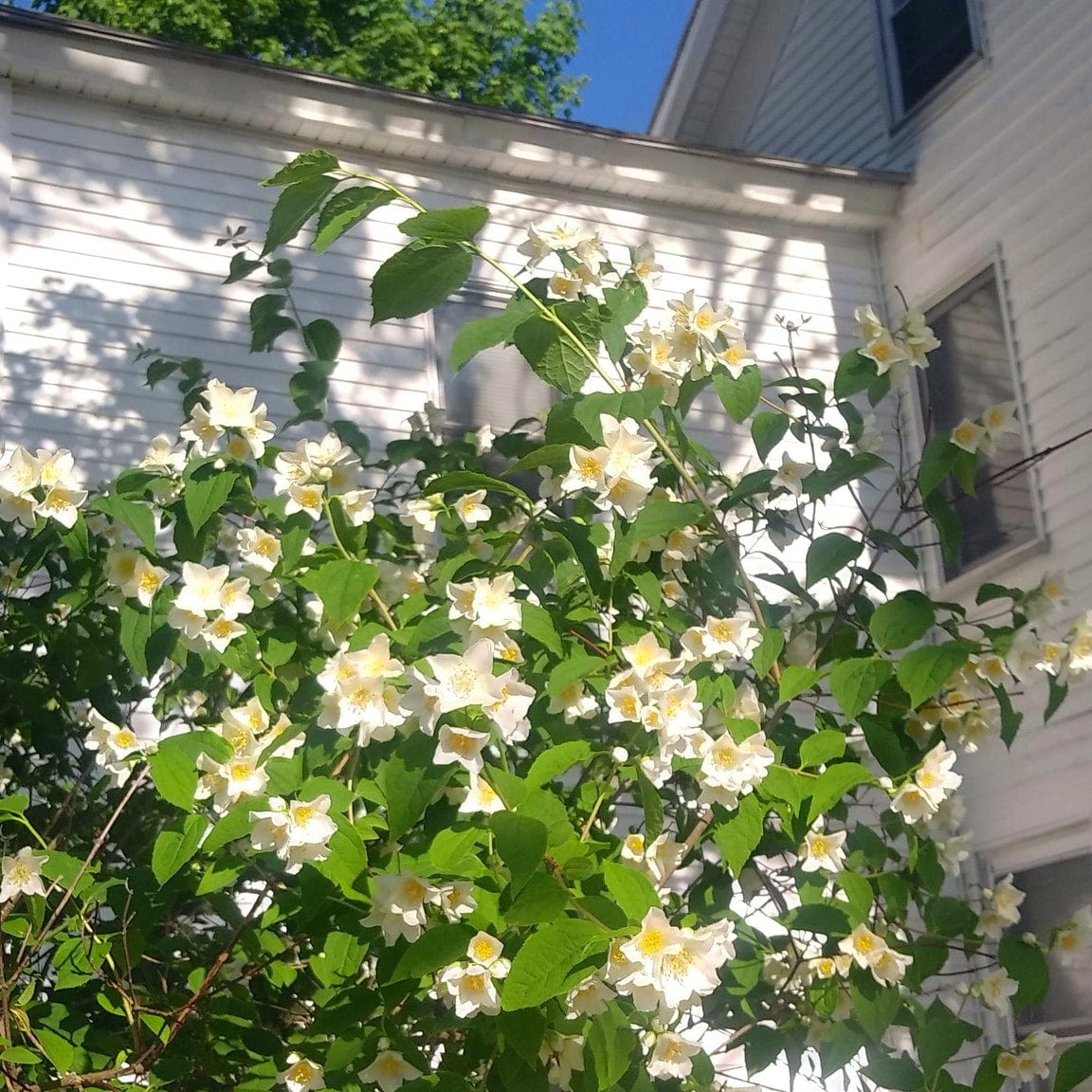How To Grow A Mock Orange Hedge That Will Bloom For Weeks
Title: How to Grow a Mock Orange Hedge That Will Bloom for Weeks
Introduction:
Mock orange shrubs are a popular choice for hedges because they are easy to grow, relatively low-maintenance, and produce beautiful white flowers that bloom for weeks in the spring. If you are looking for a fragrant and attractive addition to your yard, a mock orange hedge is a great option.
In this blog post, I will provide you with everything you need to know about growing a mock orange hedge that will bloom for weeks. I will cover topics such as choosing the right location, planting, watering, fertilizing, and pruning. I will also share some tips on how to prevent pests and diseases.
Main Content:
Choosing the Right Location
Mock orange shrubs prefer full sun, but they can also tolerate partial shade. If you live in a hot climate, you may want to choose a spot that gets morning sun and afternoon shade. The soil should be moist but well-drained. Avoid planting mock orange shrubs in areas where the soil is constantly wet or soggy.
Planting
The best time to plant mock orange shrubs is in the spring or fall. When planting, dig a hole that is twice as wide and as deep as the root ball of the shrub. Add a layer of compost to the bottom of the hole and then backfill with the original soil. Water the shrub well after planting.
Watering
Mock orange shrubs need regular watering, especially during the first year after planting. Water deeply once a week, or more often if the weather is hot and dry. Once the shrubs are established, they will need less watering.
Fertilizing
Mock orange shrubs do not need a lot of fertilizer. A light application of a balanced fertilizer in the spring will help them to bloom well. You can also add compost to the soil around the shrubs each year.
Pruning
Mock orange shrubs can be pruned in the spring or fall. If you are pruning to shape the hedge, you can simply remove any dead, diseased, or crossing branches. If you are pruning to encourage flowering, you should cut the shrubs back by about one-third in the spring.
Preventing Pests and Diseases
Mock orange shrubs are relatively resistant to pests and diseases. However, they can be susceptible to aphids, scale, and powdery mildew. If you see any signs of pests or diseases, you can treat them with an insecticidal soap or fungicide.
Conclusion
Growing a mock orange hedge that will bloom for weeks is not difficult. By following the tips in this blog post, you can have a beautiful and fragrant hedge that will add to the beauty of your yard for years to come.
visit Home Gardening for more information
Image of mock orange hedge
- A mature mock orange hedge in full bloom. The flowers are white and fragrant.

- A close-up of the flowers of a mock orange hedge. The flowers are small and trumpet-shaped.
-Hedge-Close-Up.jpg)
- A mock orange hedge in fall. The leaves are turning yellow and orange.

- A mock orange hedge in winter. The leaves have fallen off, but the branches are still green.

- A young mock orange hedge that is just starting to grow.

- A mock orange hedge that is being trimmed.
- A mock orange hedge that is growing along a fence.
- A mock orange hedge that is growing in a garden.
- A mock orange hedge that is providing shade for a patio.

- A mock orange hedge that is in bloom at night. The flowers are illuminated by moonlight.



Post a Comment for "How To Grow A Mock Orange Hedge That Will Bloom For Weeks"